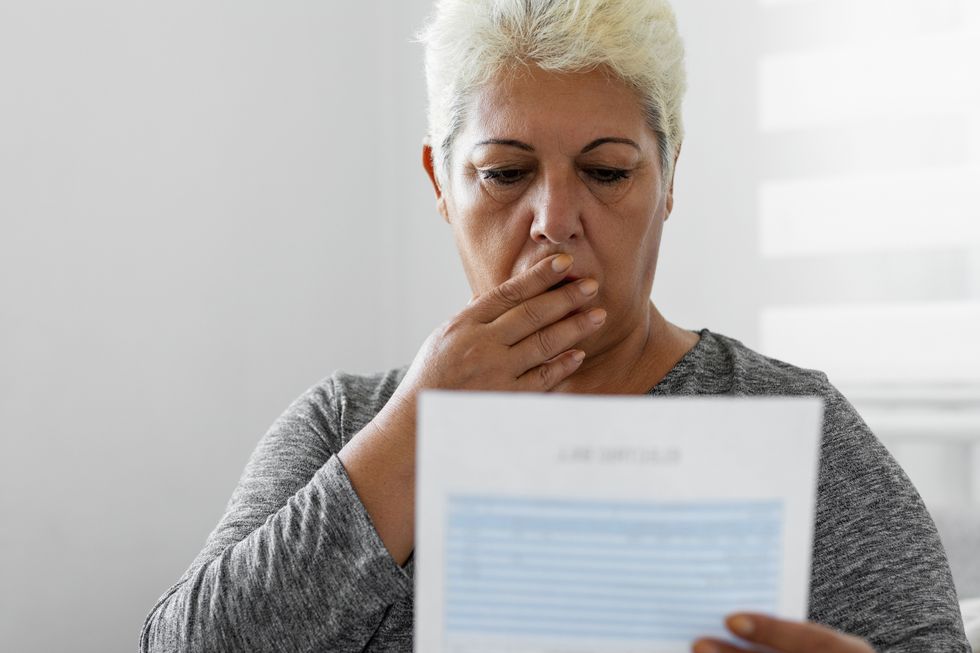Ed Miliband ‘doesn’t want to talk to you’: GB News’s Stephen Dixon in savage putdown as energy secretary FAILS to appear on People’s Channel
GBNEWS
Many households chose to fix their energy bill ahead of the April price cap increase to save money on their bills
Don't Miss
Most Read
Trending on GB News
Energy bills are set to drop by an average of £166 this summer, according to forecasts from industry experts Cornwall Insight.
A typical dual fuel consumer's energy bill is predicted to fall to £1,683 from July.
This welcome reduction comes after three consecutive increases in regulator Ofgem's price cap.
The price cap covers around 22 million households in England, Wales, and Scotland and is set every three months by Ofgem.
The reduction represents a drop of almost nine per cent on April's £1,849 cap. Cornwall Insight also expects the downward trend to continue, with a slight fall in prices predicted for October. A further drop is forecast for January 2026.
If these predictions materialise, July's price cap would bring typical bills to their lowest level since September last year.
The July figure of £1,683 contrasts with £1,568 a year ago, after which the cap rose on three consecutive occasions.

Britons could save money on energy bills
GETTYThe recent decline in wholesale energy prices is the key driver behind the predicted bill reduction.
This has been influenced by several factors including the United States' decision to introduce tariffs, which economists fear could reduce global demand for oil and gas.
Unseasonably warm weather across Europe has also played a role by reducing demand expectations.
European discussions about reducing gas storage requirements have further eased pressure on short-term prices.

Unseasonably warm weather across Europe has also played a role by reducing demand expectations
GETTYThe European gas benchmark has fallen from approximately £50 per megawatt hour in February to about £34 this week.
Dr Craig Lowrey, Principal Consultant at Cornwall Insight, cautioned against excessive optimism despite the welcome news.
He said: "While a fall in bills will always be welcomed by households, we mustn't get ahead of ourselves.
"We have all seen markets go up as fast as they go down, and the very fact the market dropped so quickly shows how vulnerable it is to geopolitical and market shifts."
 These devices could quietly add more than £100 to your energy bill (Stock)GETTY
These devices could quietly add more than £100 to your energy bill (Stock)GETTYHe noted that the interactions within energy markets are complex, from storage requirements to weather patterns and global trade issues.
Lowrey warned: "There is unfortunately no guarantee that any fall in prices will be sustained, and there is always the risk of the market rebounding."
He emphasised that the only real solution to protect households from price volatility is reducing dependence on international wholesale markets.
He added: "The only real way to protect households from this constant cycle of instability and insecurity is to reduce our dependence on international wholesale markets."
This would mean continuing to focus on growing low carbon energy generation in Great Britain. Building a more secure and sustainable energy future remains the long-term goal.







